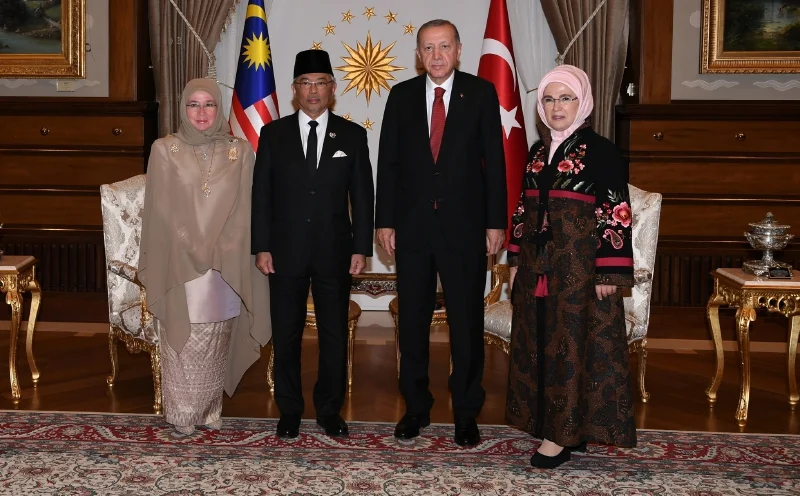Today, the government’s funding is stretched thin due to the pandemic; economic recovery and health care services remain priorities. However, improvement in maritime readiness is also imperative as maritime bodies will be spending even more time at sea, leading to new issues and challenges in the maritime domain. With so much at stake in the Malaysian waters, maritime defence and security remain critical, and there is an urgent need for more investment.
The issues and challenges behind the need to invest more in the maritime defence and security sector arose, in part, during the pandemic. For instance, around the beginning of April 2020, the country faced a huge influx of illegal immigrants arriving by sea. Controversy grew when these illegal immigrants began to congest transit centres and increased the risk of infection for front liners and local citizens. In order to strengthen maritime border security management, the National Task Force (NTF) was established. The NTF aimed to organise security enforcement agencies under one coalition to address illegal entry during the pandemic. While illegal entry occurs both by land and sea, illegal entry by sea is more challenging due to its seamless and porous characteristics. The NTF has thus far been successful and proactive in operationalising its efforts. But more assets are required to increase surveillances and patrols such as interceptor boats and unmanned aerial vehicles; these assets are key to improving the NTF’s maritime surveillance and quick response capabilities.
Maritime agencies have also face uncalled-for incidents. One poignant scenario was the incident of the Dayang Topaz ship sinking in the South China Sea (SCS) offshore of Kuala Baram, Miri. The Maritime Enforcement Agency (MMEA) were tasked for search and rescue duties on top of performing usual patrolling and surveillance at sea. Though such incidents are rare, they can exhaust the MMEA’s ability to perform its tasks at sea during bleak times, as it is reduced to limited assets and human resources. Most of Malaysia’s oil and gas platforms are offshore. These platforms contribute 20% to the country’s gross domestic product. The safety and security of oilrigs and platforms are critical. The safety of crews is equally important. Hence, contingency planning and the emergency readiness of the MMEA are crucial.
The territorial dispute in the SCS is also ongoing. China in particular has continued to press its jurisdictional claims and demonstrate its operational readiness in the area. The 2020 case of China’s Haiyang Dizhi 8 entering Malaysia’s oil drillship and the presence of the USS Bunker Hill and USS America close to Malaysia’s waters is an apparent act of intimidation; there is important work to be done in this area by the Malaysian navy. The recent air intrusion by Chinese air forces near Beting Patinggi Ali also paints a good picture of China’s continuous and expanding threat; Malaysia must improve both its air and maritime defence in the SCS.
These advances will require financial support for buying as well as improving ageing assets. Prior to the pandemic, an extra allocation of RM 1.45 billion was added to the announced budget of RM 13.918 billion for defence. In 2020, increases in the budget amounted to RM 15.6 billion, and the navy’s allocation were for equipment (at RM 945 million) and infrastructure (at RM27 million). Nevertheless, many of its fleet modernisation programmes are showing slow progress. Poor management could have contributed to this scenario, but funding remains the biggest challenge. For the MMEA, budget allocation is determined by the Home Ministry. In 2020, the ministry received an allocation of RM16.9 billion, an increase from the RM15.6 billion allocated in 2019. But since other agencies are also part of the Home Ministry, such as the police, immigrations, and customs, the budget received may be only “equivalent sufficient” to the function planned.
The Malaysian Defence White Paper describes the country as a “maritime nation”. In line with this status, Malaysia must strengthen its defence capabilities and competency in the maritime domain, as this domain constitutes a crucial component of the overall national defence strategy. This maritime mind-set in the long run will improve the country’s leverage in maritime diplomacy, enhance its maritime status, and finally build deterrence against any aggressor at sea.
[Photo credit: Malaysian Maritime Enforcement Agency]


